The impact of AI in architecture, engineering and construction will revolutionize the built environment and beyond, having an impact on industry that draws parallels with historical innovations such as the steam engine and the power loom, an expert has said
Professor Karan Girotra of Cornell Tech believes the far-reaching implications of AI in architecture, engineering and construction will lead to enhanced productivity and eventually enable entirely new business models.
Professor Girotra was speaking at the Exploring the Future of AI in the Architectural, Engineering & Construction Industry symposium held by Turner Construction Company and the Council on Tall Buildings & Urban Habitat New York Chapter at The Spiral in New York City.
The event brought together industry professionals across disciplines to explore the transformative potential of artificial intelligence in the design and construction of buildings and cities.
Following Professor Girotra’s keynote, the symposium featured a panel discussion moderated by Robert Otani, chief technology officer at Thornton-Tomasetti.
The panel included Charlie Whitney, vice-president and general manager at Turner Construction Company, Charles Portelli, associate and digital innovation strategist at Perkins & Will’s I/O group, and Professor Girotra.
The panelists shared their perspectives on AI’s current and future impact of AI in architecture, engineering and construction.
They discussed AI-driven productivity enhancements, the evolution of job roles and AI’s potential to surmount longstanding industry challenges.
The discussion also emphasized the importance of governance and responsible use of AI in driving innovation in the AEC industry.
The event also provided a valuable opportunity for attendees to network and discuss the challenges and opportunities presented by AI in the AEC industry.
Integrating generative design and AI in engineering processes
Turner is investing heavily in AI across various departments, including engineering, project management, construction operations and finance, allowing it to mine and analyze vast amounts of data effectively.
The Turner Engineering Group is particularly focused on integrative generative design, exploring how AI can optimize and innovate engineering processes.
“AI is already shaping the future of the construction industry and helping companies move forward,” said Charlie Whitney.
“Turner is focused on integrating cutting-edge AI solutions into our everyday operations. The engaging discussions underscored the importance of collaboration in driving technological advancements and highlighted the collective effort required to harness AI’s full potential to build a more sustainable, efficient and innovative future for urban development.”

